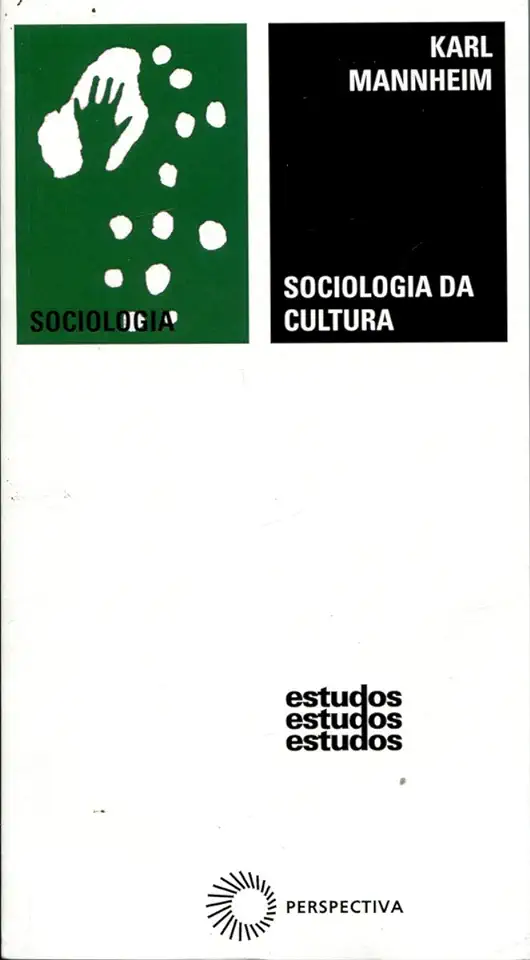
Sociology of Culture - Karl Mannheim
Sociology of Culture by Karl Mannheim: A Comprehensive Summary
Introduction
In his seminal work, "Sociology of Culture," Karl Mannheim presents a groundbreaking analysis of the relationship between culture and society. Mannheim argues that culture is not a static entity, but rather a dynamic process that is constantly shaped by social interactions and power dynamics. He explores the ways in which culture influences our thoughts, feelings, and actions, and how it is in turn shaped by our social experiences.
Key Concepts
1. Culture as a Dynamic Process
Mannheim rejects the notion of culture as a fixed and unchanging set of values and beliefs. Instead, he argues that culture is a fluid and dynamic process that is constantly evolving and adapting. This process is driven by the interactions between individuals and groups within society, as well as by the broader social, economic, and political forces that shape our lives.
2. The Relationship Between Culture and Society
Mannheim argues that culture is not simply a reflection of society, but rather an active force that shapes society in turn. He explores the ways in which culture influences our social institutions, our political systems, and our economic structures. He also examines how culture shapes our individual identities and our sense of belonging to a particular social group.
3. The Role of Power in Culture
Mannheim emphasizes the role of power in shaping culture. He argues that the dominant groups in society have a disproportionate influence on the production and dissemination of culture. This can lead to the marginalization of certain voices and perspectives, and to the creation of cultural hierarchies that reflect the existing power structures in society.
Major Contributions
Mannheim's work has made significant contributions to the field of sociology and has influenced the work of numerous scholars. Some of his key contributions include:
- His emphasis on the dynamic nature of culture and its role as an active force in shaping society.
- His analysis of the relationship between culture and power, and the ways in which culture can be used to maintain or challenge existing social structures.
- His development of the concept of "ideology," which refers to the ways in which our beliefs and values are shaped by our social position and interests.
Conclusion
"Sociology of Culture" is a must-read for anyone interested in understanding the complex relationship between culture and society. Mannheim's insights into the dynamic nature of culture, the role of power in shaping culture, and the ways in which culture influences our individual and collective lives provide a valuable framework for analyzing and understanding the social world around us.
Why You Should Read This Book
If you are interested in sociology, cultural studies, or the relationship between culture and society, then "Sociology of Culture" is an essential read. Mannheim's work is insightful, thought-provoking, and highly relevant to understanding the contemporary world. This book will challenge your assumptions about culture and society and will leave you with a deeper understanding of the forces that shape our lives.